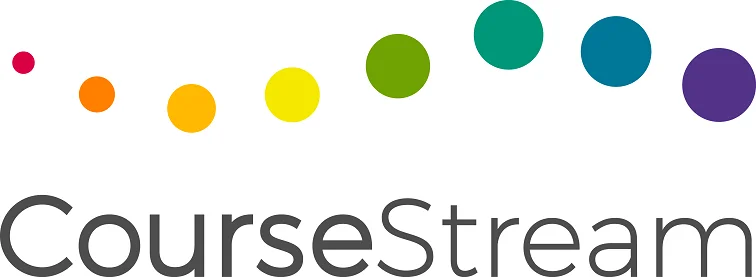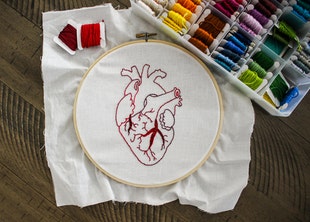


Why Study this Introduction to Human Biology Course?
If you want to learn about the different structures there is in the human body and their functions, then this course may just be the one you are searching for! This online introduction to human biology course will teach you that and more! Such as the different physiological systems, the features of the human skeletal system, how digestion and excretion occurs, and more.
Distance Learning – Introduction to Human Biology – Tutor Support Available
- study human anatomical structures
- understand physiology in human systems
- essential knowledge in so many industries – education, science, health care, fitness and exercise, nutrition and weight loss, alternative medicine
- introductory course allows for learning at your own level – just do the basics or challenge yourself or study to a level your comfortable with
This course naturally progresses onto Anatomy II and Physiology II and is a pre-requisite for both.
Course Outline
There are 6 lessons as follows:
1. Cells and Tissues
- Introduction
- Cell Components
- Human Tissues
- Epithelial tissues
- Connective tissues
- Fluid tissues
- Muscle tissues
- Nervous tissues
- Cell Division
- Cell Processes
- Osmosis and Diffusion
- Hydrostatic Pressure
- Active Transport; Phagocytosis, Pinocytosis
- Electro Chemical Gradient
- Nutrient and Waste Exchange in Cells
2. The Skeleton
- Introduction
- Bone tissue
- Cartilage
- Bone marrow
- The periosteum
- Osteology
- Bone Anatomy
- Bone Types; long, short, flat, sesamoid irregular, sutral
- Review of all Bones in a Human Skeleton
- Bone Joints; Synarthrosis, amphiarthrosis, Diarthroses
- Types of Bone Movements; gliding, angular, rotation, other
- Skeletal Functions
- Fractures
- Fracture Healing
- Osteoporosis
3. The Muscular System
- Parts of the Muscular System
- Tendons
- How Muscles Move
- Muscle Fibre (Filament) Types; thick, thin, elastic
- Smooth (or involuntary) muscle
- Striated (or voluntary) muscle
- Cardiac muscle
- Types of Skeletal Muscle; slow and fast oxidative fibres, Fast glycolytic fibres
4. The Nervous System
- Nerve Cells
- Sensory Neurons
- Motor Neurons
- Terminology
- The Nervous Sysytem
- Central Nervous System
- Peripheral Nervous Systewm
- The Brain; Cerabellum, Olfactory bulb, Cerebrum, Thalmus, Hypothalmus, Medula Oblongata
- Spinal Chord
- Spinal Chord Injuries
- Cranial Nerves
- Spinal Nerves
- Automatic Nervous System
- Reflex Actions
5. Digestion and Excretion
- Digestive System Introduction
- The Alimentary Canal
- The Mouth
- Oesophagus
- Stomach
- Small Intestine
- Large Intestine
- Accessory Digestive Organs; tongue, teeth, salivary glands, liver, hepatic artery, gall bladder, pancreas.
- Nutrient and Digestion Disorders
- Vomiting
- Peptic Ulcer
- Jaundice
- Lactose Intollerance
- Haemerroids
- Cirrhosis
- Excretion; The Kidneys, Ureters, Blasser
- Urinary System
6. Physiological Systems
- Endocrine System
- Effects of Hormones; seven types
- Summary of Endocrine Glands
- Respiratory System
- Trachea
- Bronchial Tree
- Left and Right Bronchus
- Lungs
- Physiology of Respiration
- Gaseous Exchange
- Rate and Depth of Breathing
- Reproductive System; male and female
- Physiology of Reproductive System
- Pregnancy and Birth
- The Circulatory System
- Blood composition, functions, blood vessels, arteries, veins
- Heart, physiology of circulatory system, blood pressure, spleen
- Lymphatic System
Enrol Now
- Experienced Tutor support
- Certificate sent to you
- Online study (Printed notes available)
- Self paced - no set timetable
- 12 months to complete course
From: $25.00 / week for 26 weeks
Get a Free Info Pack!











